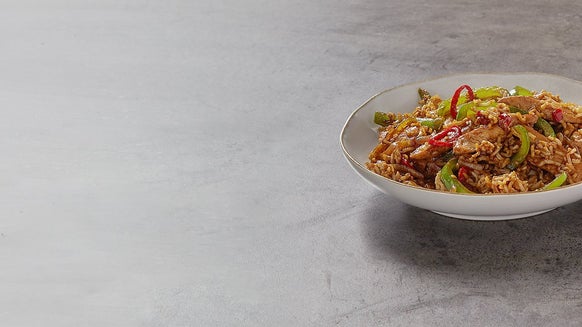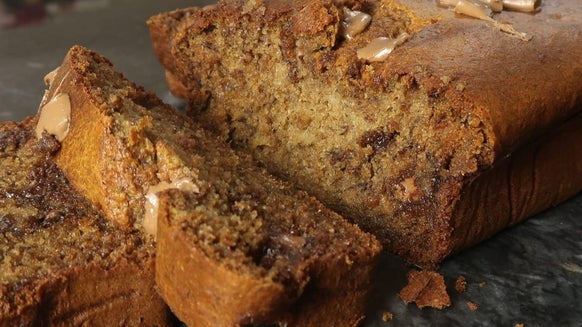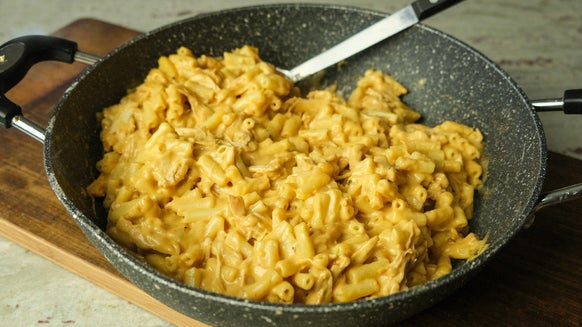
Bloating. A problem many of us face but very few people (including those on TikTok who claim to have all the answers) know the actual causes. Lucky for us, accredited nutritionist Jamie Wright is on hand to provide some answers.
Before we get into the causes, we should really break down the three different levels of bloating identified by Jamie. Number one, mild bloating.
Ever had a “food baby”? That’s probably mild bloating.
Next up, moderate bloating.
And lastly, the final boss of bloating — severe bloating.
People with irritable bowel syndrome (IBS) or inflammatory bowel disease (IBD) experience these symptoms regularly
Top 10 Common Causes of Bloating
1. Overeating
When you finally get to eat after a long day at work, it’s easy to simply inhale your food. Problem is, you can often eat too quickly and be left feeling overfull. Instead, practise mindful eating by slowing down and paying attention to your body’s hunger cues.
2. “Be wary of gas-producing foods”
3. Constipation
So… this one probably doesn’t need explaining so much. To help keep things moving, Jamie advises that you increase your fibre intake or try taking a fibre supplement. Physical activity is also a great way to promote healthy digestion. And, as always, stay hydrated.
4. IBS
5. The menstrual cycle
Due to changes in hormone levels during the menstrual cycle, some women may experience bloating because of effects on water retention and changes in the rate of gastric emptying.
“Just prior to menstruation there is a surge in the hormone progesterone, which impairs gastric motility, often leading to constipation and bloating”. As mentioned before, there are some ways to tackle constipation. Here’s a reminder:
- Increase your fibre intake
- Physical activity
- Stay hydrated
6. Food intolerances
Plenty of people experience food intolerances without even knowing. For example, an intolerance to lactose or gluten can present itself via bloating. If you experience consistent bloating it could be worthwhile to introduce a food diary to determine which foods contribute to your bloating. Once you’ve identified the potential culprits, you can cut them out.
7. Digestive disorders
8. Dehydration
Dehydration can cause both constipation and bloating. If you’re terrible at remembering to drink water throughout the day, first, buy yourself a water bottle to carry around with you.
Then, set some reminders on your phone to help you remember to drink. Also, introduce more water-rich foods into your diet, like cucumber, watermelon and strawberries — all of which can contribute to your daily water intake.
9. Stress
“Stress can affect the digestive system and lead to bloating as a result. How? Well stress can alter the production of digestive secretions, reduce the blood flow to the digestive system, increase inflammation, and even alter the gut microbiota.” Stress can be tricky to manage, but Jamie recommends a few tactics to reduce stress:
Programme dedicated relaxation time into your day to help you unwind
- Plenty of good sleep
- Regular exercise
- Active social life
- Nutritious diet
- Spend time outside
10. Medication
Take home message
There you have it — 10 common causes of bloating, and plenty of tips to help reduce it.
While Jamie is an accredited nutritionist, it’s important that if you’re struggling with your diet or bloating to speak to a professional for advice tailored to you, your body, and your lifestyle.







